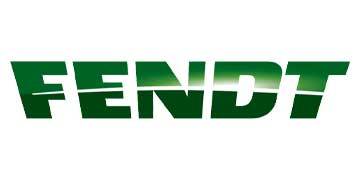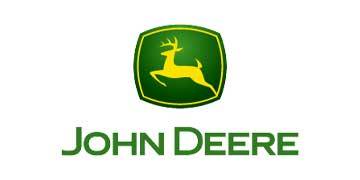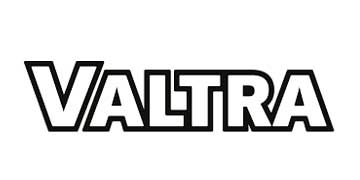The Importance of Maintenance and Steps in Tractor Clutch Systems
Tractor clutch systems play a vital role in transferring engine power to the transmission system and enabling the driver to change gears. The proper functioning of these systems is critical for the efficiency and performance of the tractor. However, over time and with use, wear, and malfunctions can occur in tractor clutch systems. Therefore, the importance of regular maintenance is significant.
What is a Tractor Clutch System?
The tractor clutch system is an important mechanism used to transfer engine power to the transmission and control gear shifting for tractors. This system temporarily separates the tractor's engine and drive mechanism to enable the tractor's movement. The clutch system allows you to change the operating mode of your tractor and reach different speeds and power levels according to various job requirements.
A tractor clutch system generally consists of three main parts. These parts are as follows:
- Clutch Disk: The central part of the clutch system. It provides the connection between the engine and the drive mechanism. When the clutch pedal is pressed, the clutch disk disconnects the connection between the engine and the drive mechanism, allowing the tractor to stop moving or change gears.
- Brake Pads: Components that control the movement of the tractor by applying pressure to the clutch disk. Brake pads are located inside the clutch housing and apply pressure to the clutch disk when the clutch pedal is pressed. This pressure controls the movement of the clutch disk and transfers engine power to the transmission.
- Pressure Plate or Pressure Table: This part is a hydraulic or mechanical mechanism used to compress the brake pads onto the clutch disk. The pressure plate or table compresses the brake pads onto the clutch disk when the clutch pedal is pressed, controlling the movement of the tractor.
Importance of Maintenance
Regular maintenance of tractor clutch systems offers many advantages. Some of these advantages are as follows:
- Performance and Efficiency: A properly functioning clutch system improves the performance and efficiency of your tractor. Properly operating clutch systems ensure smooth and fast gear changes.
- Longevity: Regular maintenance extends the life of clutch disks, brake pads, and other components. This reduces spare parts costs and ensures the long-term use of your tractor.
- Safety: Lack of maintenance can cause clutch system failures and make it difficult to control your tractor. A malfunctioning clutch system can be dangerous for the driver and surrounding individuals.
Maintenance Steps
To perform regular maintenance on tractor clutch systems, you can follow the steps below:
Step 1: Visual Inspection
Conduct a visual inspection to see the overall condition of the tractor clutch system. Leaks and signs of damaged or worn-out parts may be present. Also, check the condition of the clutch pedal and connections.
Step 2: Pedal Feel Check
Feel the movement of the clutch pedal. If the pedal feels excessively soft or stiff, there may be a problem with the clutch system. The freedom and movement of the pedal are important in determining whether it is operating correctly.
Step 3: Brake Adjustment
Brake adjustment is important to ensure the clutch operates correctly. Check and adjust brake settings if necessary. Improperly adjusted brakes can affect the clutch system.
Step 4: Fluid Level Check
Many modern tractors have hydraulic clutch systems. Regularly check the hydraulic fluid levels for proper operation. Top up any deficiencies or repair leaks.
Step 5: Check for Wear
Look for signs of wear on clutch disks, brake pads, and other components. If you identify worn or damaged parts, replace them. This will enhance the safety and performance of your tractor.
Step 6: Oiling
Proper oiling of clutch system components reduces friction and extends the life of parts. Regularly lubricate the clutch mechanism and connection points.
Step 7: Professional Maintenance
Consult a professional mechanic from time to time to handle complex issues or major repairs. Experts can thoroughly inspect clutch systems and perform necessary repairs.
Regular maintenance of tractor clutch systems is essential for the safety, performance, and longevity of your tractor. By following the above steps, you can ensure that clutch systems operate correctly and efficiently. Remember that regular maintenance is the key to ensuring the smooth operation of your tractor.






















